Reading a tape measure can be difficult, especially for someone who is new to tools. It seems like a simple task for many who have handled tools their whole lives. Many don’t know how to read a tape measure. But we are here to teach you how to use and read a tape measure easily. Our step-by-step guide will make you look like someone who has worked on the job site their whole life.
How to Use and Read a Tape Measure
There are several different ways to read a tape measure, but first, you need to find out what kind of tape measure you have. There are standard or imperial tape measures and metric tape measures. Imperial tapes feature inches, while metric tapes measure centimeters and millimeters. Some models have both imperial and metric measurements. Look for a tape measure that best fits your needs and feels comfortable. But, before we get to reading a tape measure, you must know how to use it.
How to Use a Tape Measure
Using a tape measure is pretty straightforward if you know how the tool works and is designed.
How to Read a Tape Measure in Inches
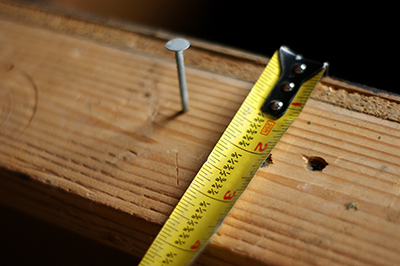
An inch is designated by the longest lines on the tape measure and is normally marked with large, bold numbers. In between each number are 15 lines, and each line represents 1/16th of an inch. So, if you start at one whole number and count to the next whole number, you’ll count 16 lines or 16/16 inches, which equals one inch.
The second-longest line is found between each inch mark, which designates 1/2 inch. The third longest line is 1/4 inch, the fourth longest is 1/8 inch, and the shortest lines will be 1/6th of an inch. Some tape measures have the fractions written out on them along the bottom.
Once you know what each line on the tape measure means, reading it involves finding the closest inch to the edge you’re measuring and then counting any additional length after the inch.
How to Read a Tape Measure in Millimeters
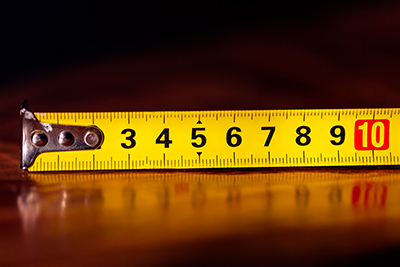
A metric tape measure works in a similar fashion to a standard one, but the lines are set up differently. The large, bold numbers are still there, but they signify centimeters, and they’re centered over the centimeter line. In between each centimeter is another identical length line as the centimeter. That line represents a half-centimeter. Ten smaller marks are between each centimeter, called millimeters or 1/10th of a centimeter.
To read the tape measure, you’ll find the closest whole centimeter to the edge you’re measuring. Then, find how many millimeter lines remain. Add the millimeters to the centimeters using a decimal. So, if you measure 8 centimeters and have 7 additional millimeter lines, the final length is 8.7 centimeters.
Tape Measure Tips
At Acme Tools, you can find the best tape measure for you from many brands, such as Milwaukee, Crescent Lufkin, Stanley, and more.

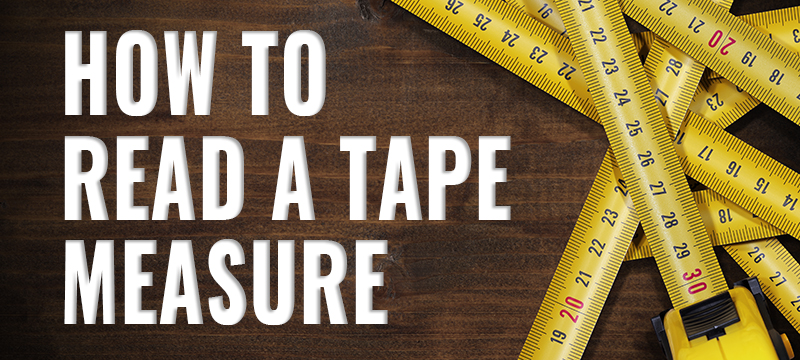
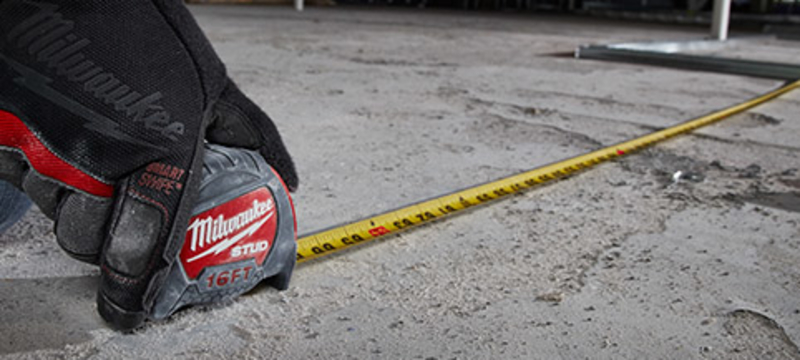
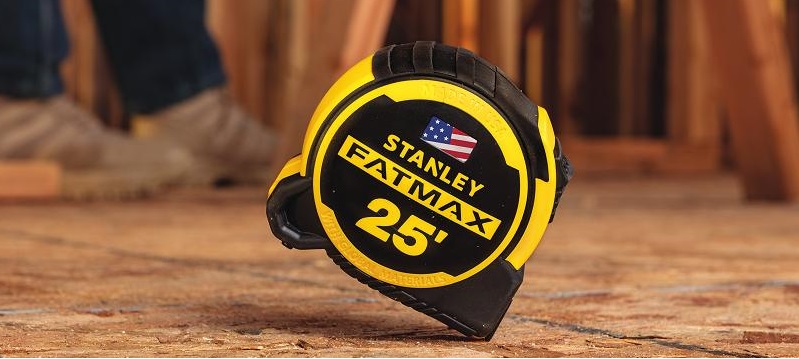
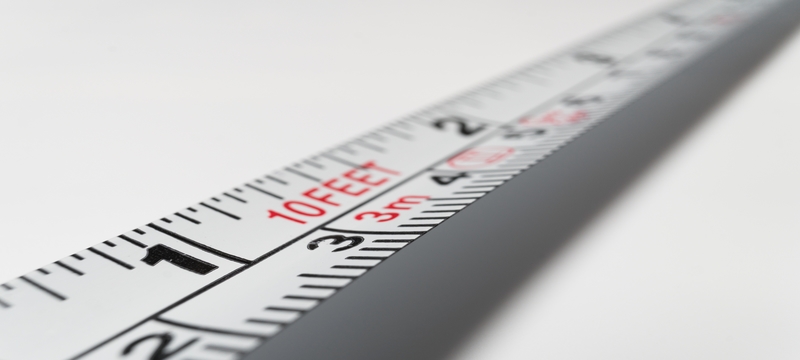
One Comment
David A. thomas
June 8, 2021 at 2:46 pmThis article is very amazing and very helpful in my personal work. keep up the good posting.. Mate